
MENUMENU
TALK TO AN EXPERT
Special Hours: 7AM – 6PM PST
TALK TO AN EXPERT
Special Hours: 7AM – 6PM PST
You might be considering a solar power system for your home, boat, or RV. Or you could have an aging system already. Either instance might put a critical question on your mind–how long do solar panels last?
After all, they’re certainly not cheap. And the frequency of potential replacements can make a massive difference in the dollars and cents of solar power. So, join us as we shine a light on this hot topic and answer this vital question.
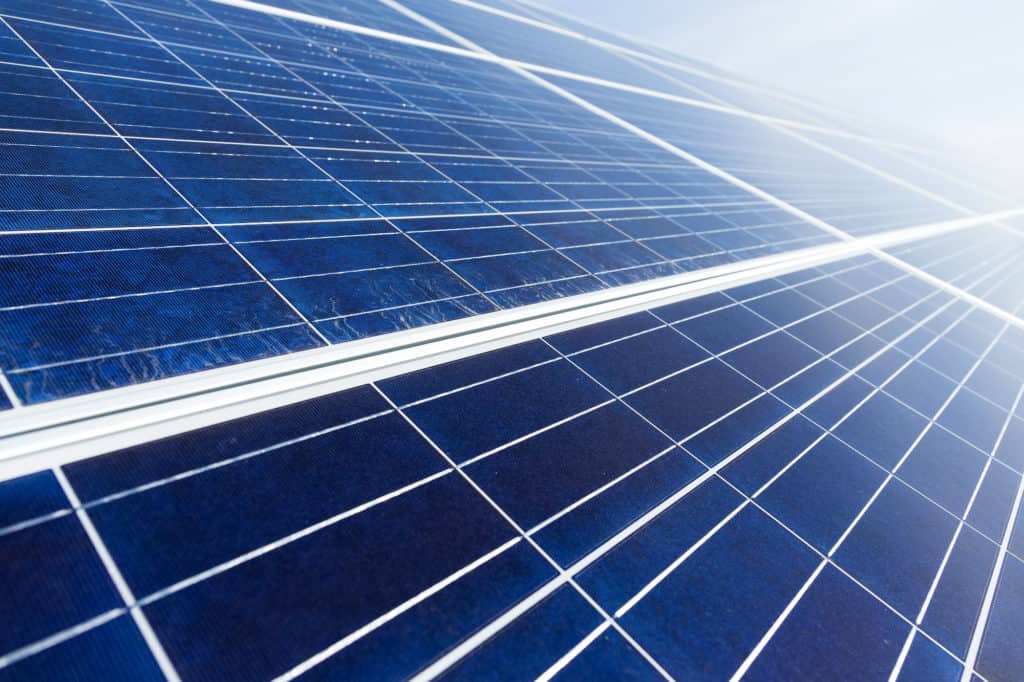
Before we explore how long solar panels last, you must understand the different types of panels and how their construction affects their usage. Solar panels are a major component of any off-grid solar system and significantly affect the system’s performance and energy production.
If you’re looking for the Cadillac of solar panels, these are it. Monocrystalline panels, which look jet black to the eye, use a single, pure silicon crystal to process sunlight and convert it into electrical charges. These rigid panels are the most efficient of the different styles, providing the best power generation in a given spot. However, you should expect to pay extra for that efficiency. Monocrystalline panels are the most expensive of all solar panels.
➡ Shop monocrystalline solar panels with our Battle Born Solar line of panels and bundles.
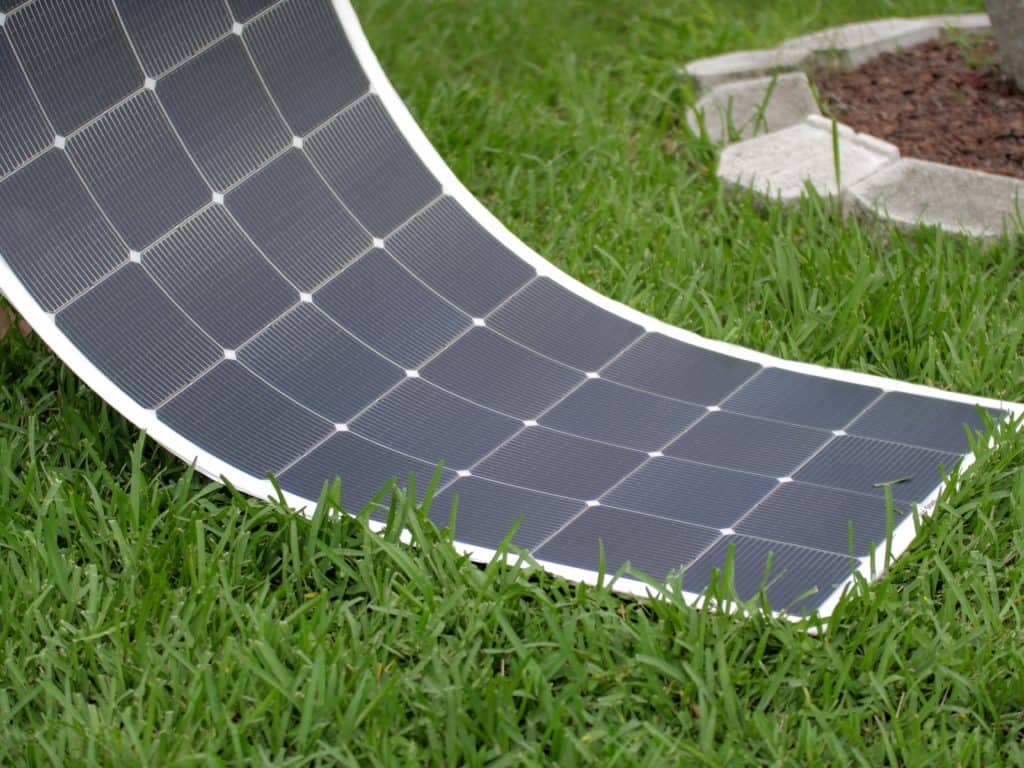
Polycrystalline panels are similar to their monocrystalline cousins, with a few crucial differences.
First, when it comes to construction, they’re rigid and silicon. But instead of a single wafer, polycrystalline panels are many fragments of silicon melted together and poured into a mold. They’re a slightly blue-ish tint as a result. Polycrystalline panels sacrifice some efficiency compared to monocrystalline ones but also come with a lower price tag, making them more accessible to those on a budget.
Thin-film solar panels offer two significant advantages over other types, namely their flexibility and weight. This opens a new world of applications for solar. You could install these flexible panels in many places where rigid panels won’t fit, like the curved roof of an RV or trailer.
Thin-film panels also weigh significantly less than monocrystalline or polycrystalline units. This means you can mount them in places that couldn’t support heavy rigid panels. You could also bring them on the go more easily, and installation is more straightforward.
A key question to tackle when considering how long do solar panels last is the lifespan of the equipment you’re buying. Like all technology, solar panels won’t last forever. They can go “bad” if they break or suffer damage, but they can also slowly degrade over time. They might also become less and less efficient until they’re no longer suitable for your power needs.
However, with a little care and common sense, your panels can typically last for years.
Often, solar panels that remain compatible with your electrical system and don’t sustain damage last for years. However, solar panels inevitably degrade slightly every year because of mechanical and chemical issues.
Scientists estimate that a typical pane experiences a degradation rate of 0.5% annually. Therefore, a panel only produces about 90% of its original capacity after 20 years or 85% after 30 years. This is why many solar panel warranties expire in this range.
However, this only covers the degradation of the solar cell itself. While rigid monocrystalline and polycrystalline panels stand up well physically, thin-film panels can degrade or break down after as little as ten years. The overall stress these panels experience is because of bent, curved, or otherwise unusual installations contributing to its quick demise.
It’s important to note that there’s no reason to replace older panels if they continually meet your energy needs. But from a practical perspective, 10-30 years is a lifetime in a fast-moving industry like solar power, and you’ll likely be ready for an upgrade by the time your warranty expires.
Like all electronic components, solar panels are vulnerable to the effects of time and, perhaps most importantly, the elements. Rain, snow, ice, and extreme temperatures can cause problems for your solar system, from the hardening of silicon crystals to microcracks in the panels. These issues prevent the panel chemistry from conducting the reactions that generate power, lowering the panel’s output over time.
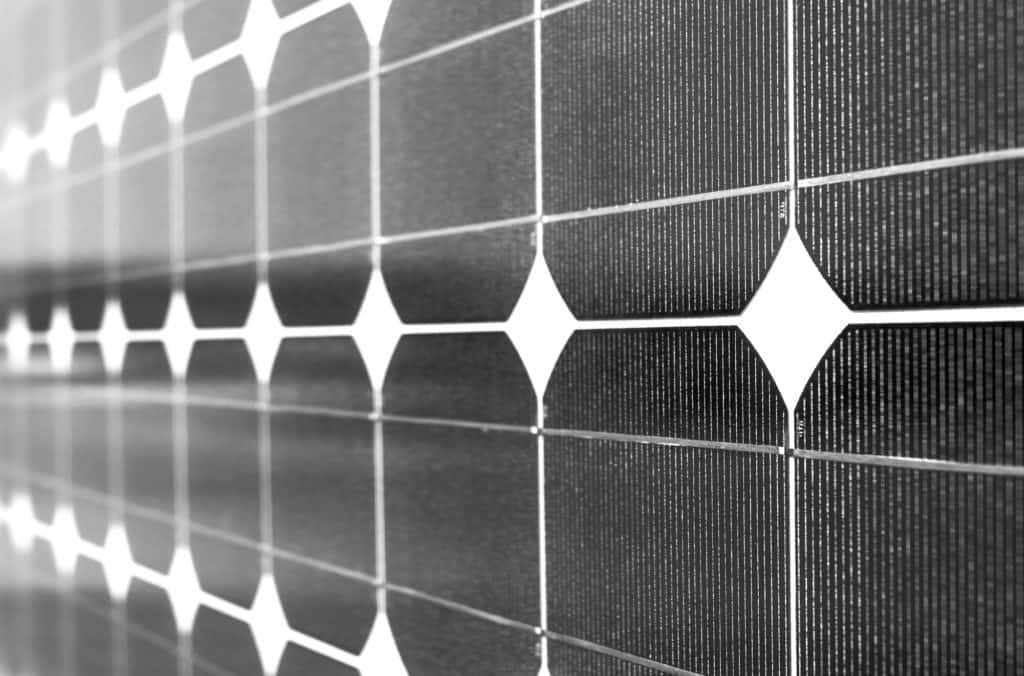
The top way to extend the life of your solar panels is to keep them safe from extreme weather. You can accomplish this easily with smaller, portable solar systems sometimes you might have on RVs or boats. But it’s more difficult with permanently installed panels, especially those mounted on a roof.
Your next best bet is regular maintenance. Visually inspecting your panels and scheduling maintenance appointments with solar technicians can help eliminate many little problems before they become big ones.
Another simple step is to clean your panels regularly, if possible. This will help prevent damage from built-up debris that could mess with the panels if it gets inside.
Deciding when to replace your solar panels will depend on two primary factors: your power needs and your budget.
As long as your panels produce the power you need under normal circumstances, there’s no need to replace them unless you want to upgrade your technology or generation capacity. But if your older panels don’t consistently produce the juice you need, it may be worth replacing them.
➡ Related: How Much Solar Do I Need? How To Size Your System
However, solar systems can be quite expensive, and not every owner can afford expensive replacement panels. Those on a tight budget may find that their older panels lag but they’ll work sufficiently for a few more years. Meanwhile, they can save for replacements.
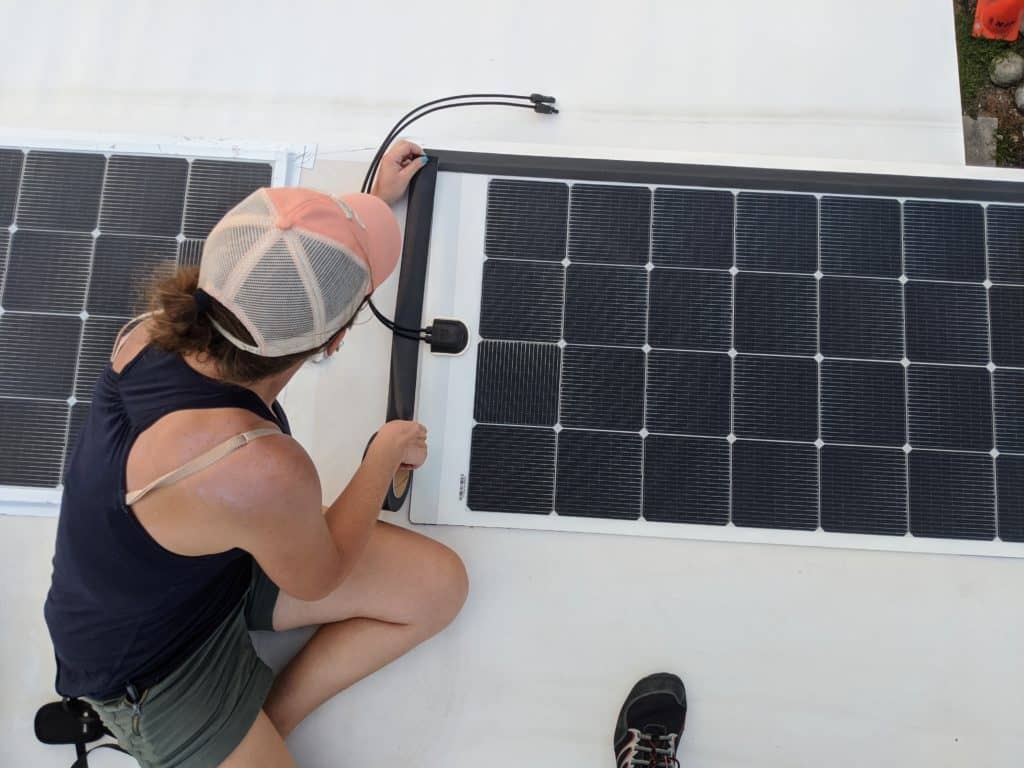
The answer to the question of how long do solar panels last is an easy one. It’s quite a while–longer if you maintain them and take steps to extend their lives.
Whether you use monocrystalline, polycrystalline, or thin-film panels, you can expect at least a decade of near-full performance. In the right circumstances, they could last as much as three times that.
Keep these numbers in mind, and you won’t face any surprises maintaining and updating your solar system down the road.
No matter how much solar you have on your roof, it only generates power when the sun is shining. You need a battery bank to store the energy for nighttime, cloudy days, and special power needs.
We recommend lithium-ion batteries. Learn more about why LiFePO4 batteries are your best solar battery power storage option.
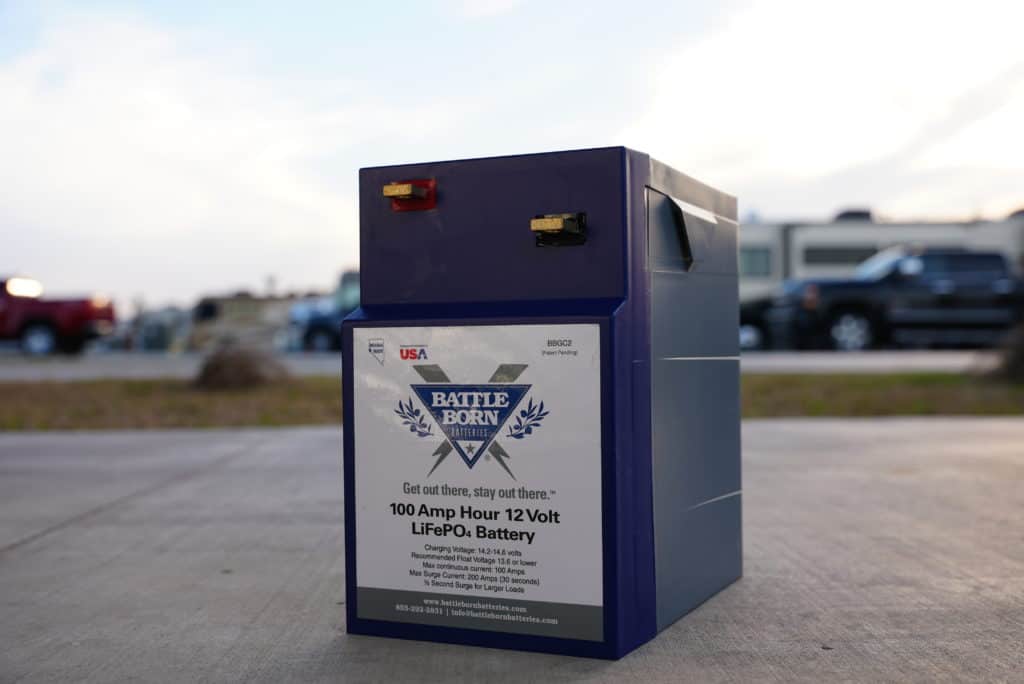
We know that building or upgrading an electrical system can be overwhelming, so we’re here to help. Our Reno, Nevada-based sales and customer service team is standing by at (855) 292-2831 to take your questions!
Also, join us on Facebook, Instagram, and YouTube to learn more about how lithium battery systems can power your lifestyle, see how others have built their systems, and gain the confidence to get out there and stay out there.
Shop Best Sellers








Ask a technical specialist now at 855.292.2831
Stay in the Know